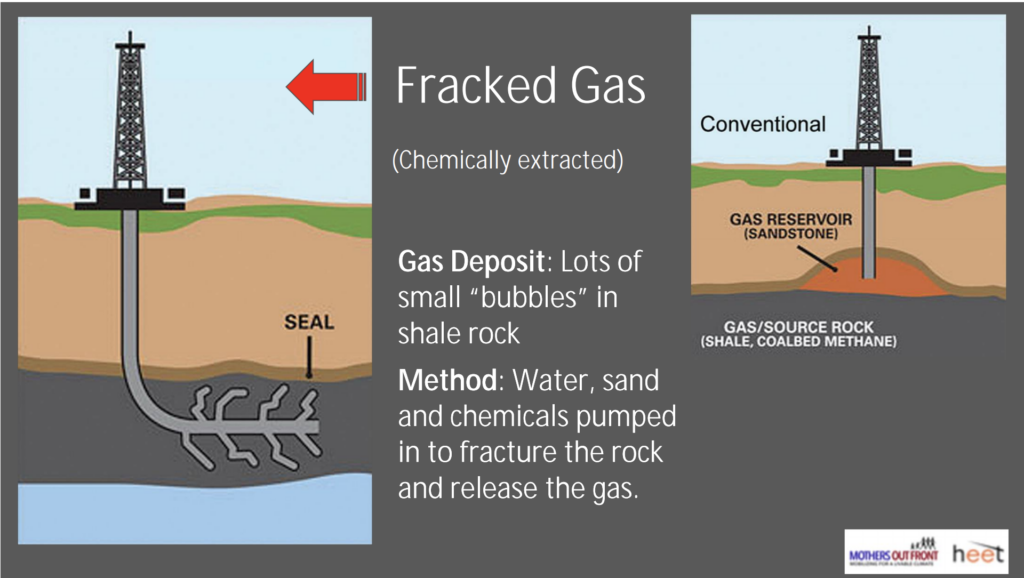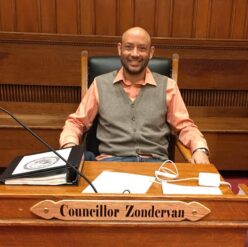I recently introduced an ordinance that would ban natural (fracked) gas infrastructure in new construction in Cambridge and chaired a committee hearing to begin the discussion.
Several cities in California have already passed similar laws, and several others here in Massachusetts are currently considering a similar ban on gas. Through air-source heat pumps, geothermal, rooftop solar, and maximally efficient design, we can electrify our building energy needs and avoid on-site combustion of fossil fuels entirely. Cambridge has already proven this concept in several municipal buildings, including the brand new King Open School complex, which has been built net-zero ready.
We face a huge and expensive challenge in retrofitting our existing buildings to eliminate gas combustion in the future, and it makes no sense to worsen that problem by adding more buildings that burn fracked gas.

Currently only 14% of grid electricity in Massachusetts is renewable, and at current rates we won’t reach 100% for decades. So an all-electric, grid connected building today will not be truly net zero emissions unless it provides all of its own energy from renewable sources, which is difficult to accomplish. However, buildings designed as all-electric will automatically transition to net-zero emissions as the grid becomes increasingly green, whereas even the most energy efficient gas-reliant building cannot become net-zero without replacing the gas burning components, or supplying them with biogas, neither of which is particularly easy or cheap. Any individual or small business can get 100% renewable electricity through Cambridge’s Community Choice Aggregation program for a very comparable price to Eversource today. That means in Cambridge, a net-zero ready building can be converted to a true net-zero building with the stroke of a pen (have you signed up for 100% renewable electricity yet?)
I understand the concerns from residents who have lived through expensive bills from resistance heating (traditional electric heating), but air-source heat pumps (which can be thought of as air conditioners in reverse) are much more efficient and affordable than traditional electric heating. I have also heard from some residents who are concerned about having to give up their gas stoves, but it is important to realize that this change would only apply to new construction, so nobody is being forced or even asked to give up anything. Induction cooktops are garnering great reviews as a substitute for gas cooking.
Ultimately it will be important for all buildings to move away from fossil fuel combustion as an energy source because our aging gas infrastructure is an immediate and omnipresent safety hazard. Explosions caused by gas leaks happen routinely across the country; we all remember last year’s tragedy in Merrimack Valley and recently a major gas leak on Beacon Hill caused folks to have to evacuate so quickly that they couldn’t even put their shoes on before they left the house. According to HEET there were 280 unrepaired gas leaks in Cambridge in 2018, and there is no reason to continue living in fear of gas explosions when we have much safer and cleaner technology at our fingertips.Thanks to strong community support, I’ve been able to build considerable momentum around this proposal to ban gas in new construction. But passage is not guaranteed, and the conversation could very well drag into the next term.
If you haven’t already, please take a moment to let the council know how you feel about this policy by emailing us at <[email protected]>. I’m also planning a community meeting in December to continue the discussion and learn more about the alternative technologies to gas that will power our transition to a renewable future.
